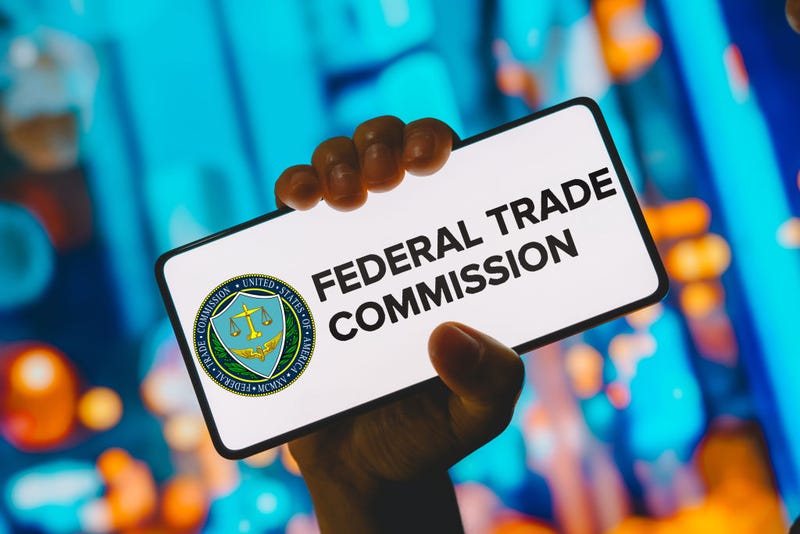
New Federal Trade Commission data show consumers reported losing $10 billion to scams in 2023, marking the first time that fraud losses have reached that benchmark.
Last year, the FTC fielded fraud reports from 2.6 million consumers, with imposter scams ranking as the most frequently reported. These scams involve individuals posing as various entities, such as your bank's fraud department, government agencies, distressed relatives, reputable businesses, or tech support professionals.
"Imposter scams remain the number one fraud this year with $2.7 billion in losses," described Reid Tepfer, an attorney for the Federal Trade Commission’s Southwest Region.
He explained that these scams involve tricksters feigning identities such as relatives in distress, the government, and even the fraud department of one's bank.
The biggest scams in terms of money lost were investment scams. Tepfer says these scams lure individuals with promises of quick riches and minimal risk.
These fraudulent schemes craft a narrative of ease and security, drawing in victims to part with substantial amounts of money on the pretext of a lucrative financial venture. Recognizing these scams is akin to learning a new survival skill.
"Scammers are going to want you to pay in a specific way," Tepfer added.
Red flags include asking for payment through cryptocurrencies, wiring money, or using gift cards.
"[You] should never pay someone who wants you to pay in a certain way," he stressed.
Scammers often create a false sense of urgency, such as to protect your money or address a legal situation swiftly. Tepfer's advice is to take a step back and evaluate the scenario critically.
"Take the time to look at the situation and really assess whether what you're being told is true," he cautioned.
Email emerged as the chief medium scammers opted for this past year, but as Tepfer noted, no contact method is off-limits. Social media has become a popular tool for scammers, reinforcing the need for constant vigilance.
In the unfortunate event of falling victim to a scam, Tepfer urges prompt action.
"Contact whoever you use to pay the scammer... and ask if they can reverse the payment," he stated.
You can find out how to file a report with the FTC in your language at ReportFraud.ftc.gov or by calling 877-382-4357.
To learn more about consumer fraud, go to consumer.ftc.gov.
LISTEN on the Audacy App
Tell your Smart Speaker to "PLAY 1080 KRLD"
Sign Up to receive our KRLD Insider Newsletter for more news
Follow us on Facebook | Twitter | Instagram | YouTube
